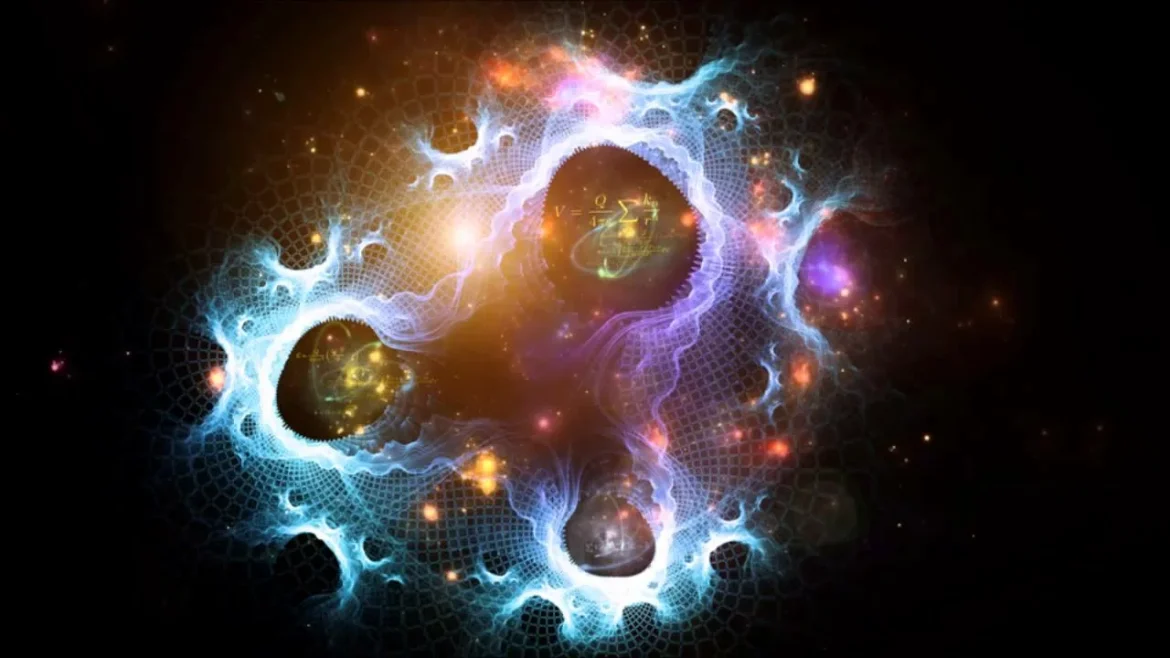Quantum Cryptography
Quantum key distribution (QKD) allows secure communication that is theoretically immune to eavesdropping. If someone tries to intercept the message, the quantum state collapses—alerting the users to the intrusion.
Advertisement
This has profound implications for cybersecurity, government communications, and financial systems.
Challenges and Interpretations
Despite its success, quantum mechanics raises deep philosophical questions:
-
What causes wavefunction collapse?
-
Is reality deterministic or probabilistic?
-
Is there only one universe—or many?
Interpretations like Copenhagen, Many-Worlds, Pilot-Wave, and QBism offer different answers, but no consensus exists.
Experiments continue to test the foundations of quantum theory, with researchers exploring ideas like quantum gravity, decoherence, and quantum thermodynamics.
Conclusion
Quantum mechanics has transformed our understanding of reality at the most fundamental level. It explains the structure of matter, powers the digital revolution, and opens the door to new technologies like quantum computing and teleportation. Yet it also challenges our intuitions about time, causality, and the very nature of existence.
As we move deeper into the 21st century, quantum mechanics remains both a practical tool and a profound mystery. Its impact on science, technology, and philosophy will continue to grow—reshaping not only how we understand the universe, but how we imagine our place within it.

